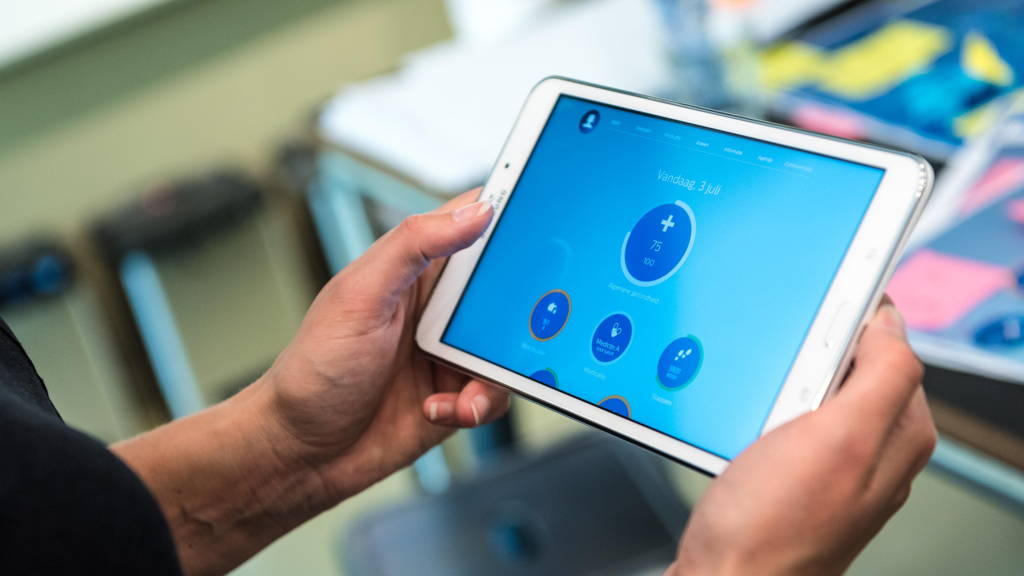According to the report, the major factors driving the growth ofthe mHealth services market in the coming years are:
However, some restraints are also in place (such as regulation, fragmentation, conservatism), limiting the growth potential The restraining factors of the mHealth services market:
mHealth, also called as mobile health is the sub segment of eHealth which uses the ICT that is information and communication technology includes mobile phones, computers, tablet computers and more used for health service. mHealth service contains different mobile devices which having healthcare information, clinical information and community information which deliver these information to patients, researchers, practitioners and monitor real time vital signs of patients.
mHealth service give advice and information anywhere and anytime. Monitoring blood pressure, monitoring blood glucose, tracking body weight and tracking exercise are some example of mHealth services. Rising of 3G and 4G technology, the use of mHealth service for doctors and patients becomes easier. It provides two parties to clasp video calls and making the communication friendlier and closely.
- Rising use of Mobile Phones, Tablets, Smart phones other Mobile Platforms
- Growing consumption mHealth Apps and Connected Devices in the organization of Chronic Diseases
- Robust Access of 3g and 4g Networks to Supply Continuous Healthcare Services
- Increasing Focus on Patient Centric Health care Delivery
However, some restraints are also in place (such as regulation, fragmentation, conservatism), limiting the growth potential The restraining factors of the mHealth services market:
- Opposition from Conventional Health care Providers
- Require Data Security Increasing Concerns Regarding Health care Fraud And Data Theft
- Lack of Regulations And Standards resultant in Low Interoperability of results
- Complexity in Judgment mHealth Apps on Android Or Apple Stores and Low Guidance From Physicians in Selecting Apps
mHealth, also called as mobile health is the sub segment of eHealth which uses the ICT that is information and communication technology includes mobile phones, computers, tablet computers and more used for health service. mHealth service contains different mobile devices which having healthcare information, clinical information and community information which deliver these information to patients, researchers, practitioners and monitor real time vital signs of patients.
mHealth service give advice and information anywhere and anytime. Monitoring blood pressure, monitoring blood glucose, tracking body weight and tracking exercise are some example of mHealth services. Rising of 3G and 4G technology, the use of mHealth service for doctors and patients becomes easier. It provides two parties to clasp video calls and making the communication friendlier and closely.






